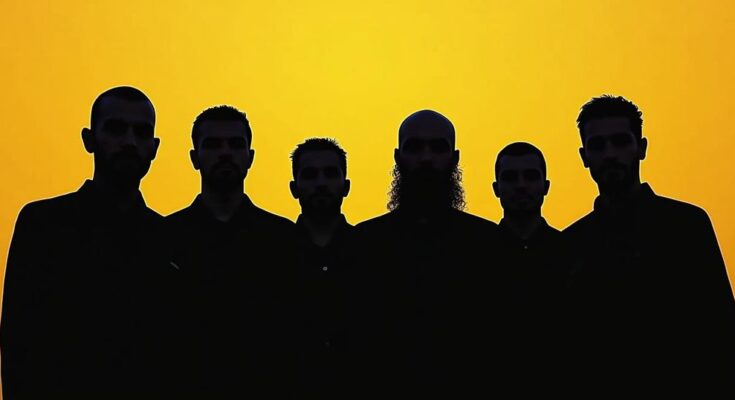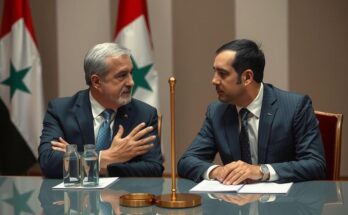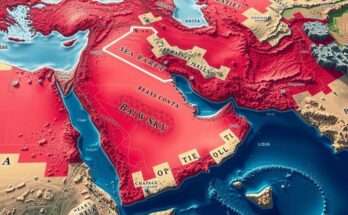Israel’s recent airstrikes in Lebanon have resulted in the assassination of seven senior Hezbollah officials, including leader Hassan Nasrallah. This transformation has shocked Lebanon and intensified the ongoing conflict between Israel and Hezbollah, which is now struggling to recuperate from these significant blows to its leadership. The ramifications of these losses could alter the balance of power within the region.
In recent days, Israel has conducted intensified airstrikes in Lebanon, resulting in the deaths of seven high-ranking officials from Hezbollah, a prominent militant group. Among those killed was the group’s leader, Hassan Nasrallah, whose assassination has sent shockwaves through Lebanon and the wider Middle East. This development marks a significant escalation in the ongoing conflict between Israel and Hezbollah, which has opened a front in support of its ally, Hamas, following a surprise attack by Hamas into southern Israel. Following the Israeli strikes that targeted Hezbollah in southern Beirut, the organization is reeling from losses of key figures who have played crucial roles since its inception in the early 1980s. The death of Nasrallah, who had been a prominent leader since 1992, alongside several other influential commanders, signifies a critical blow to the group’s operational capabilities. The other high-ranking officials killed include Nabil Kaouk, the deputy head of Hezbollah’s Central Council, who had long been seen as a potential successor to Nasrallah; Ibrahim Akil, a leader of the elite Radwan Forces; Ahmad Wehbe, another commander from the Radwan Forces; and Ali Karaki, who had overseen Hezbollah’s operations on the southern front. Furthermore, Mohammad Surour, head of the drone unit, and Ibrahim Kobeissi, who led the missile unit, were also among the casualties. These figures were integral to Hezbollah’s military strategy and operations against Israel, and their deaths could significantly alter the group’s trajectory. The losses are compounded by a history of Israel targeting key Hezbollah personnel, exemplified by prior operations successful in eliminating strategic leaders. With the death of such a significant number of high-level officials, Hezbollah faces a daunting challenge as it navigates through the repercussions of these recent airstrikes while attempting to hold its operational order.
Hezbollah is a Shía Islamist militant group and political party based in Lebanon, which has played a formidable role in Lebanon’s political and military landscape since its establishment during the early 1980s amid the Lebanese Civil War. The group’s leadership has seen a transformation under Hassan Nasrallah, who has strengthened Hezbollah’s influence both within Lebanon and throughout the region. Nasrallah’s tenure has been marked by significant confrontations with Israel and military interventions in countries such as Syria. The organization has remained a critical ally to Iran, receiving substantial military support and embedding its operational strategies into the broader aims of Tehran in the Middle East. Recently, tensions escalated further due to Hezbollah’s involvement in the latest conflict supporting Hamas amidst rising altercations following a surprise attack on Israel. This recent escalation has made Hezbollah a primary focus of Israeli military strategy, leading to a campaign of targeted airstrikes aimed at dismantling its leadership and operational capabilities.
The death of seven high-ranking Hezbollah officials, including leader Hassan Nasrallah, represents a watershed moment in the conflict between Israel and Hezbollah, with significant implications for future military engagements in the region. The loss of such pivotal figures is expected to severely disrupt Hezbollah’s command structure and operational efficiency as it struggles with the ramifications of these recent events. As both sides readjust their strategies amidst the chaos, the long-term consequences of these developments remain uncertain.
Original Source: www.nbcphiladelphia.com




